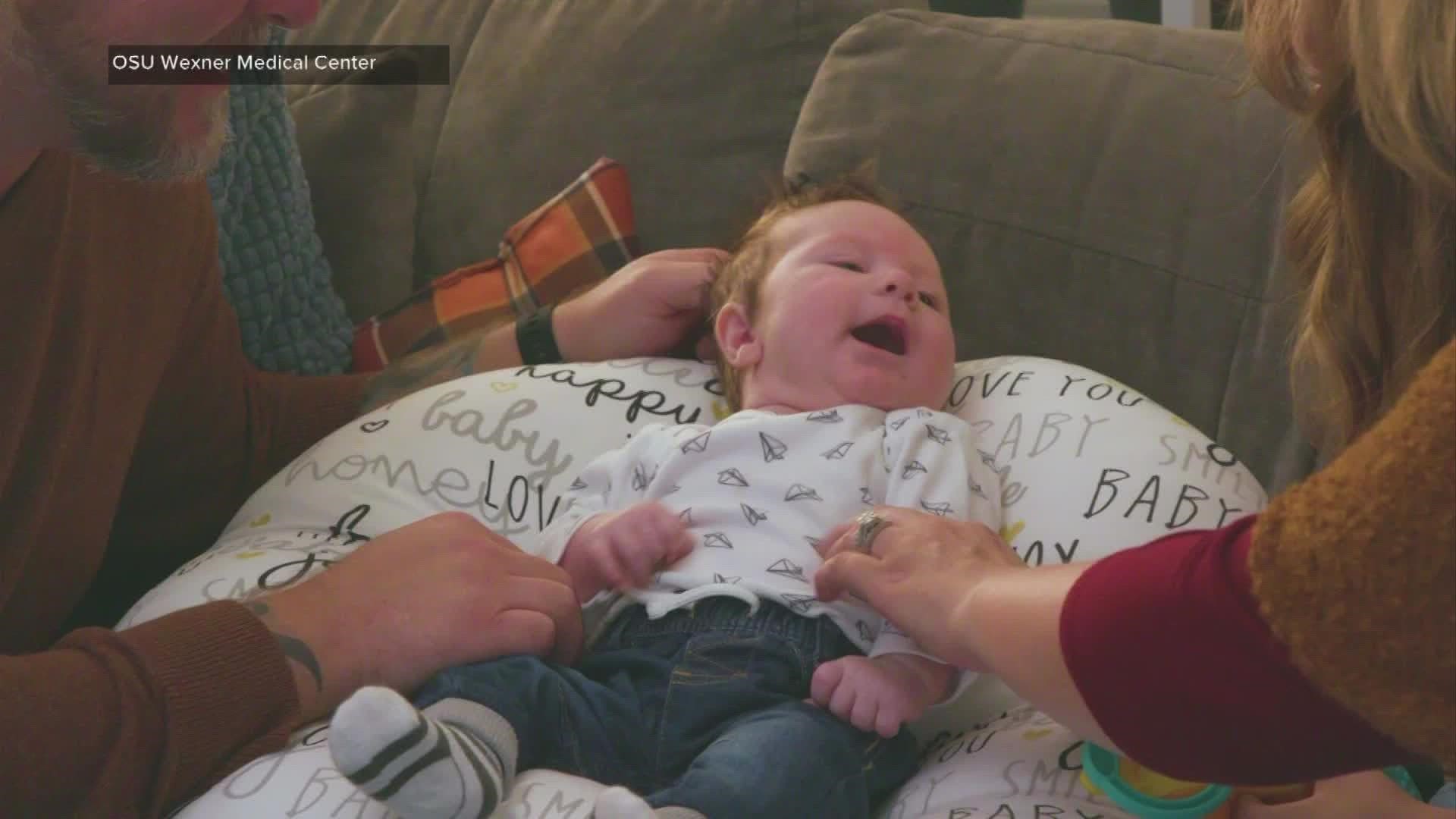COLUMBUS, Ohio — There is no evidence to support vaccines cause infertility or problems during pregnancy.
That's the message from doctors at Ohio State University Wexner Medical Center — who say misinformation about the COVID-19 vaccines are endangering pregnant women.
“These are cruel rumors that prey upon the fear that a lot of women have of not being able to have children,” said Dr. Nora Colburn, an infectious disease physician at Ohio State Wexner Medical Center in a news release.
Here's what they say you should look for when reading information online:
- The background of the research team. Do they have the requisite training, facilities and team to design, execute and evaluate the data?
- The design of the study. Are there appropriate positive and negative controls included for the studies? Are the investigators blinded to ensure rigor? Do the authors have any conflicts that might impact the outcome of the study?
- Finally, a process called peer-review is very important for the scientific literature, where experts in the field, but independent of the research team, evaluate the design and findings from a study. For most research, multiple reviewers are involved to ensure that the work is well designed, well performed and that the author's claims are supported by the data.

